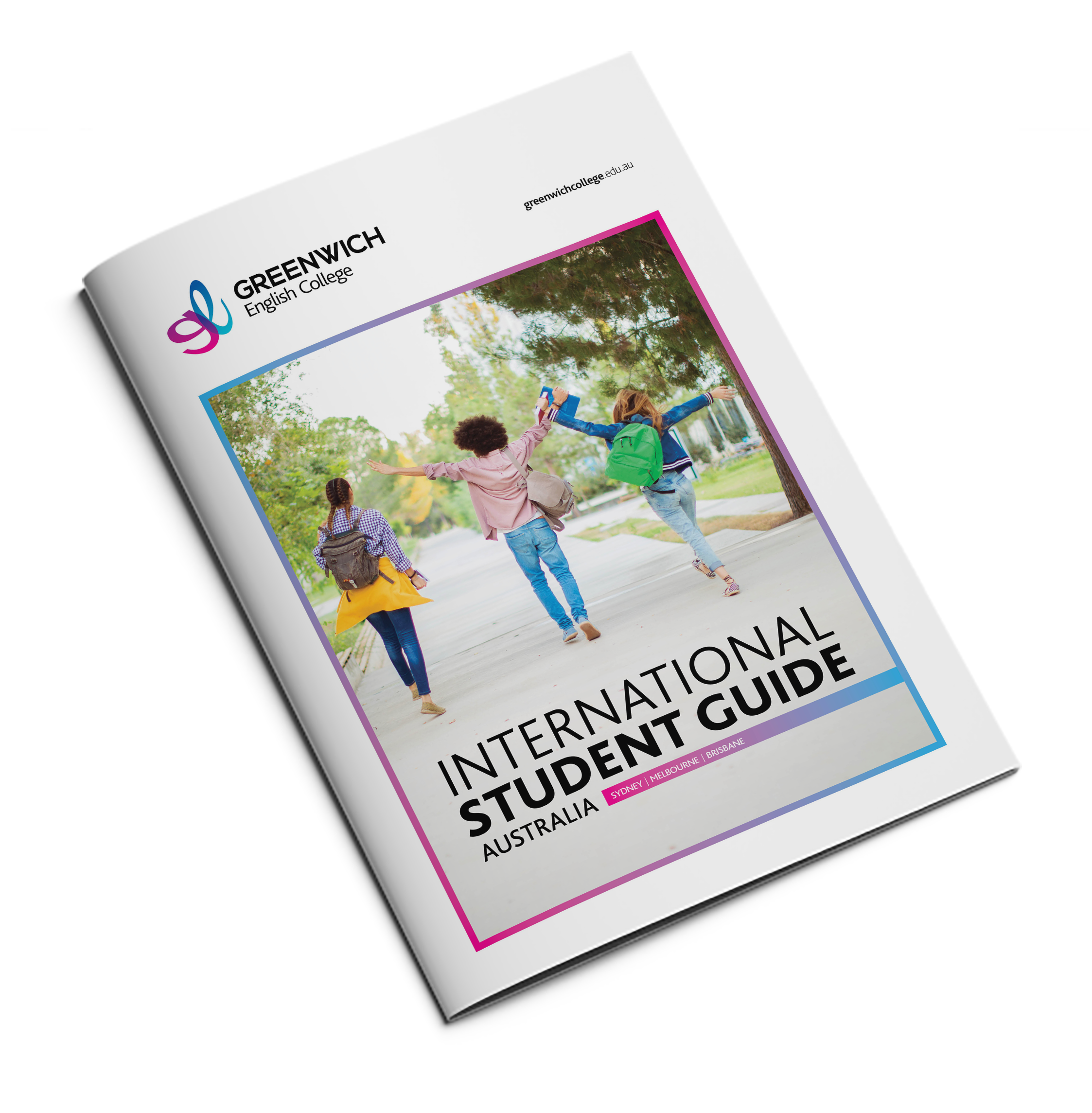.jpg?width=1903&height=644&name=IMG_4106%20(1).jpg)
Latest News
.png?width=560&height=700&name=Copy%20of%20Blog%20GW%20(2).png)
4 Tips on How to Improve Your Listening
So, you’ve been learning English for a while. You are comfortable with grammar rules, have a lot of vocabulary, you can read, write, and even speak. However, when you watch TV, listen to the radio, or find yourself in a conversation with native speakers, YOU ARE TOTALLY LOST!
Listening is probably the most challenging parts of learning English. Native speakers talk fast, use slang, phrasal verbs and idioms, have accents, break grammar rules, shorten words and use different sounds, tones and stress to change the meaning of particular words or sentences. Unfortunately, the English you learn from a textbook doesn’t always prepare you for all of this, but there are things that you can do in order to improve your listening.
-
Make listening to English an enjoyable daily habit
Just like anything in life, to improve and become good at something, you need to do it regularly. Listening to two or three recordings a week during class time is not enough to get better. Try to do a small amount of practice every day. You can take advantage of convenient moments when travelling to and from work or school, exercising, having a shower or even making dinner to fit in some practice.
A podcast like 6 Minute English by BBC Radio is perfect for these opportunities.
-
Listen to native speakers
It might seem obvious, but in order to understand native speakers better, you need to be actually listening to native speakers. If English is your second language and you are often talking to and listening to your friends who are also second language learners. As a result, you don’t gain enough experience with all those annoying things native speakers do, such as using idioms and slang.
Podcasts, radio, Youtube, movies and television series are great places to find audio of native speakers talking.
-
Do Not Rely on Images or Subtitles All the Time
Yes. Youtube, movies, television and Netflix are great ways of listening to natural English spoken by native speakers. However, if this is your only listening practice outside the classroom and you are using subtitles, you are probably not really practising your listening. This is because you are using the pictures to guess what is happening or what is being said. What’s more, you’re probably not even listening but are focusing all your attention on reading the subtitles.
The answer? Listen to the radio or podcasts as these do not have images or subtitles. Or, if you want to practise using television, Youtube, etc. turn the subtitles off and watch/listen to the video multiple times. After that, check to see how much you’ve understood by adding the subtitles.
Remember, if you plan to take an English exam in the future or have a conversation at the pub, there will never be pictures or subtitles to help you.
-
Be an Active Listener
In class, you are given questions to answer when presented with an audio recording. This is to make students focus on the content of the recording. When listening to the radio or a podcast, ask yourself questions. What are the speakers talking about? Do they agree with each other? Do you agree personally with what they are saying? Are there any interesting expressions or idioms?
Stay connected to your classmates and upcoming events via Greenwich College Instagram account.
 Chinese
Chinese Italian
Italian Korean
Korean Spanish
Spanish Portuguese
Portuguese Thai
Thai Vietnamese
Vietnamese






